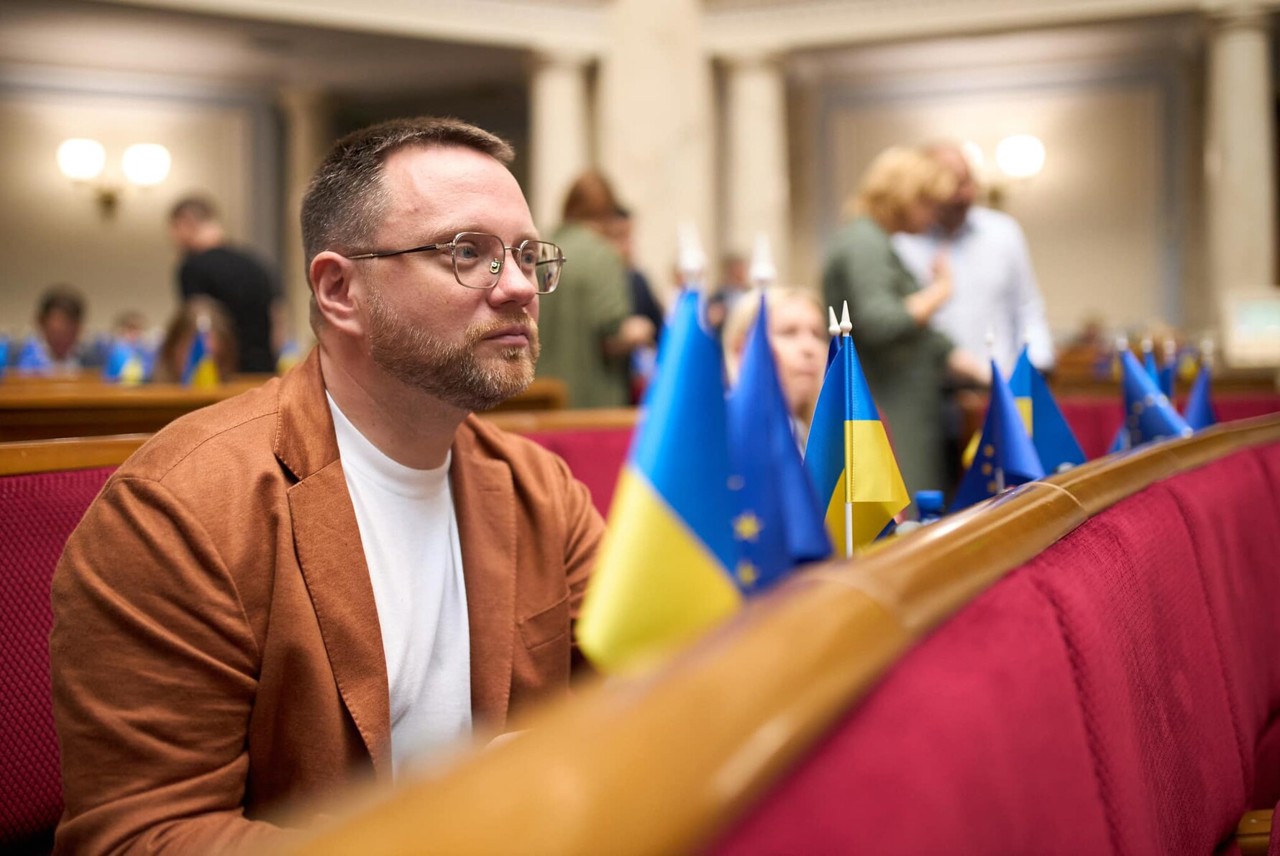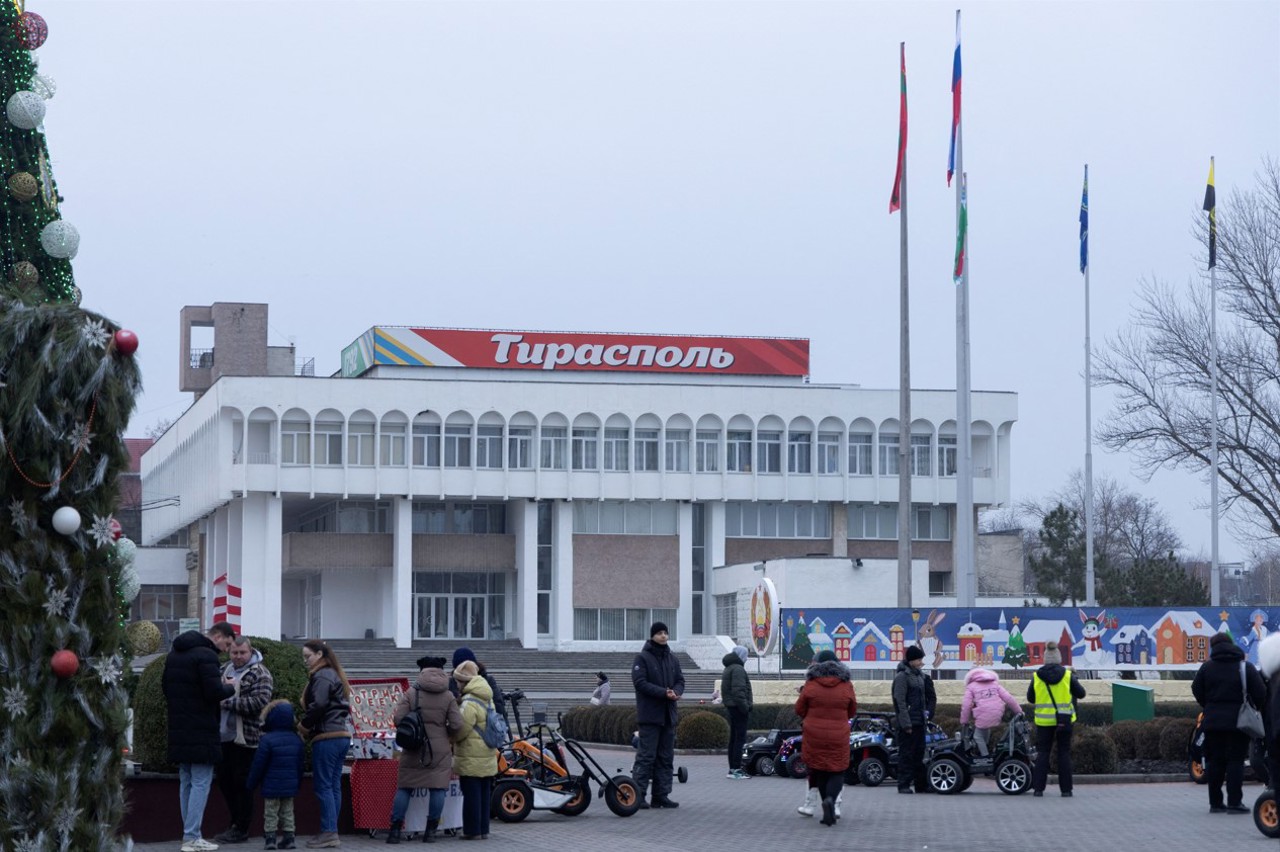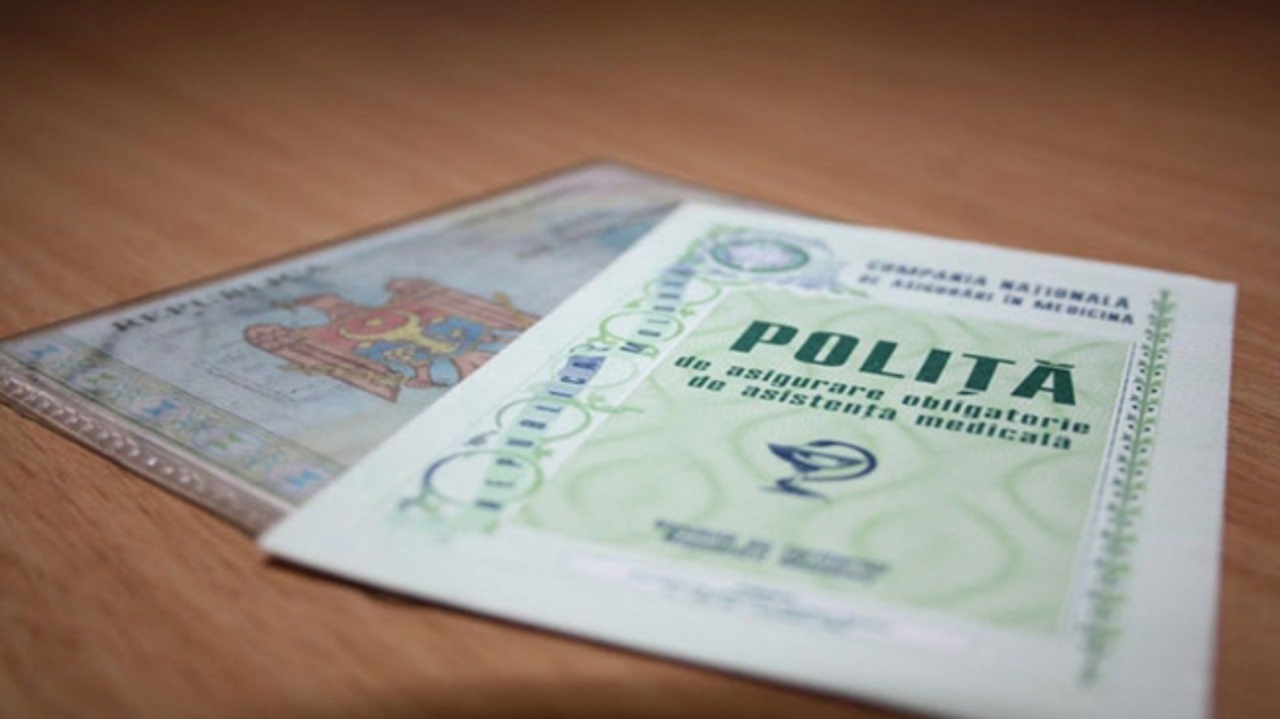Ukraine offers coal to Transnistria amid energy crisis
Ukraine is reportedly willing to assist with coal deliveries to Transnistria due to the region's ongoing energy deficit.

Ukrainian President Volodymyr Zelensky expressed this willingness following a phone conversation with President Maia Sandu and after Moldovan Prime Minister Dorin Recean's statements in the Ukrainian media.
Oleh Dunda, a member of Ukraine’s parliament, told Moldova 1 that this support was aimed not at the secessionist regime in Tiraspol but at the Republic of Moldova. The separatist regime is on the verge of economic collapse and could potentially be replaced. Dunda sees an opportunity for the Moldovan government to assume direct control over Transnistria, not through military means, but through legal measures instead. Chisinau remains committed to its approach of peaceful reintegration through diplomatic means.
Coal from Ukraine
"We no longer have anthracite mines," says Ukrainian deputy Oleh Dunda. Indeed, following Russia's intervention under false pretenses in Donbas, Ukrainian authorities have adapted their thermal power plants to use gasified coal, which is extracted from territories controlled by the Ukrainian government. However, Ukraine still possesses reserves. President Zelensky mentioned in his phone conversation with Maia Sandu that Russia should not be allowed to incite unrest and social tension in Moldova, adding that Ukraine is prepared to urgently assist in maintaining stability. Prime Minister Dorin Recean has also considered the possibility of delivering Donbas coal from Ukraine. "We have not requested Kiev's help, but we would accept it if offered," said the Moldovan Prime Minister to Ukrainskaia Pravda.
The Cuciurgan power plant, located on the left bank of the Dniester River, uses Donbass coal (anthracite) as fuel. However, the reserves reported by separatist leaders have been exaggerated. The coal in Transnistria is ten years old and has deteriorated due to improper storage conditions. Furthermore, the free burning of Russian gas and the generation of electricity at the Cuciurgan plant were significant sources of revenue for the regime's budget. Along with the metalworks plant in Ribnita, the combined proportion accounted for around 60%-70% of the region's economic output. The industrial sector has been largely shut down, with the exception of food production.

In Captivity
"The real crisis is that the current regime in Transnistria has collapsed. It is unable to function," states Ukrainian deputy Oleh Dunda. He believes that the regime could be replaced without Russia's intervention, as Moscow is incapable of stepping in.
"In this situation, there is only one solution. Given the state of emergency, and the incapacity and illegitimacy of the regime in Transnistria, Moldova and Chisinau must take responsibility for replacing the regime, introduce direct administration, and assume control of the region and its citizens' fate. Together with the European Union and Ukraine, they must ensure the supply of all necessary resources—energy and other vital products. At the same time, the Transnistrian regime must be swiftly removed by force from Chisinau. [...] Those responsible should be arrested and tried for using the citizens of Transnistria as hostages. They acted as terrorists. Essentially, they could be tried for treason, as they acted in the interests of another state, Moscow's leadership. They have effectively used the region as a large concentration camp to benefit Moscow," explains the official from Kiev.
Crisis Over Russian Gas
Over 50,000 households and nearly 1,500 apartment blocks have been left without gas and heating. Schools and kindergartens have been closed. With gas being the primary heating source (Transnistria was 97% gasified), the alternatives are wood and electricity. As a result, the secessionist authorities have been implementing daily power outages, particularly during the evening, when consumption peaks. The regime in Tiraspol rejected Moldova's offer of assistance for the population, including an offer to purchase gas from Energocom. While a humanitarian crisis is looming, Oleh Dunda believes the problem is not strictly energy-related; he views it as a political crisis.
"I completely disagree that this is a humanitarian crisis. It is a political crisis. This is not merely about Russia refusing to supply gas to Transnistria; it is effectively an act of aggression against Moldova. [...] Russia has gone all in. Any attempt to find a compromise would lead to Chisinau's capitulation. This is not an energy market issue; it is an attempt to undermine Chisinau's independence, using the Transnistrian enclave and its population as hostages," asserts the Ukrainian deputy.
Gazprom has halted gas supplies to Transnistria. After Ukraine did not extend the transit agreement, Russia refused to use the alternative route via Turkey and the Balkans. Gazprom claims a debt of over $700 million for gas consumed on the right bank of the Dniester, though an international audit does not support these financial claims. In an attempt to resolve the issue, Chisinau proposed paying $8.6 million, but the Russian side rejected this offer.
Translation by Iurie Tataru




